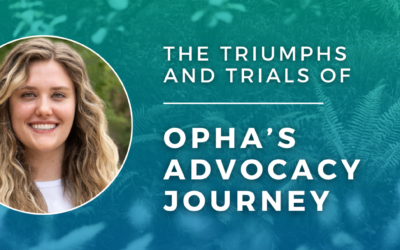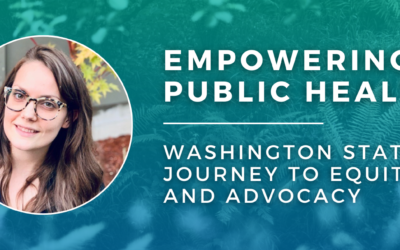State and Regional Affiliates: Take Action
State and Regional Public Health Associations
Fifty-two (52) state and regional public health associations champion similar goals at state and regional levels, respectively, as APHA does at a national level. These APHA Affiliates are independently established and have their own infrastructure, policies, processes, and procedures.
Affiliates play a critical role in advocating for the public’s health
State PHAs engage in a wide range of activities to improve public health:
- Policy Advocacy: They work closely with state legislators to develop and enact laws that promote health and prevent disease.
- Coalition Building: PHAs collaborate with other organizations to create powerful alliances for addressing complex health issues, each PHA also has a large network of members comprised of public health or allied professionals.
- Public Education: They inform the public about health risks, prevention strategies, and available resources.
- Capacity Building: PHAs support the professional development of public health practitioners and strengthen the public health workforce.
Affiliates engage in a variety of advocacy activities
- Develop a policy agenda ahead of a legislative session
- Share information about the potential impact of a bill on public health and equity with stakeholders and decision-makers
- Educate members about advocacy
- Host a legislative advocacy day to bring awareness to a public health or a specific issue or bill
- Mobilize members to contact decision-makers
- Testify at public hearings on legislation related to/impacting public health
- Write op-eds and letters to the editor
- Create fact sheets and issue briefs
- Submit comments on regulatory issues
Lobbying versus advocacy
Lobbying involves communication with a government official or employee (legislator or anyone who participates in forming legislation) that reflects a point of view on a specific piece of legislation, administrative action, or regulation. Lobbying activities may be restricted by a funder or a state or local law, and most non-profit 501(c)(3) organizations cannot spend more than 20% of their budget on lobbying. APHA Affiliates are restricted in their ability to lobby. Check with your leadership or a lawyer if you have concerns about what is allowable.
Act now
- Join your state PHA to stay informed, network with other public health advocates, and access valuable resources.
- Volunteer your time and skills to support PHA initiatives, such as attending public hearings, writing letters to the editor, or organizing advocacy events such as Hill Days.
- Participate in APHA’s legislative action alerts and urge policymakers to vote for public health.
- Tap into APHA’s resources and Speak for Health.
- Stay up to date on APHA’s events and meetings.
- View the APHA Legislative Update page and stay informed about important federal legislative activity and notable state legislative activity.




